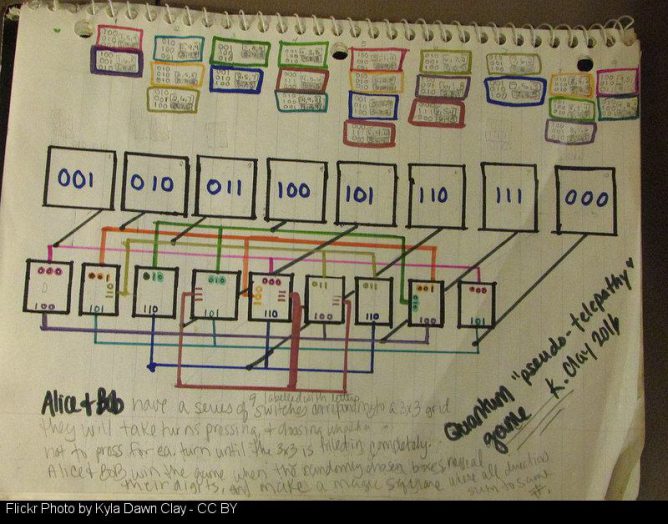A few years ago I posed about an interesting use of Google reverse image search:
Google Image Search
And over the years I’ve read a good few posts about the tool on Alan’s blog (e.g. The Hidden Complexity of Attribution, Reverse Image Search ).
This week I’ve been reading more fascinating uses of the tool: Cleanup Time and Road Trip
I am even more strongly minded that we should be starting to teach these skills from a young age. How easy that will be I don’t know.
A few weeks ago, during the scary clown storm I was hearing about clown stories every day. One pupil was most insistent that there was a clown plague. The pupil presented me with ‘evidence’ from his iPad. This was a photo of a dead clown stretched out shot on a New York street. I took a look with the idea of demonstrating a wee bit of fact checking. On scrolling down below the picture I found the headline explaining that this was a fake photo! No detective work needed.
I am not quite sure where to start with this teaching. Perhaps using the reverse image search to identify things or creatures combined with some work on The Pacific Northwest Tree Octopus.
The problem is that the fake stuff is catchy, fun and enables us to grab a quick stance.
Featured image Reversed | Pekka Nikrus | Flickr BY-NC-SA



